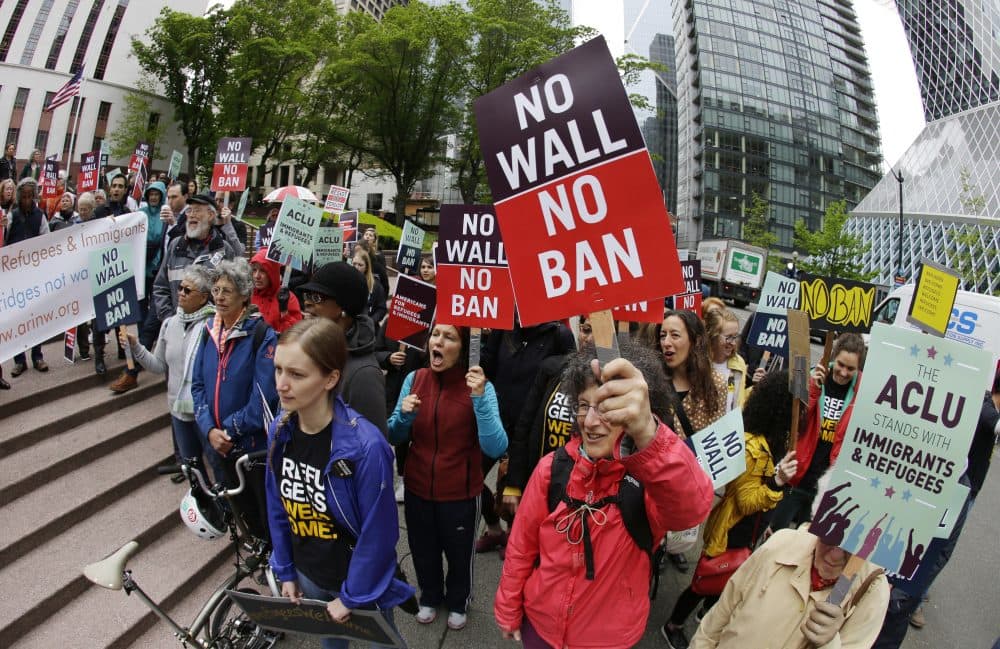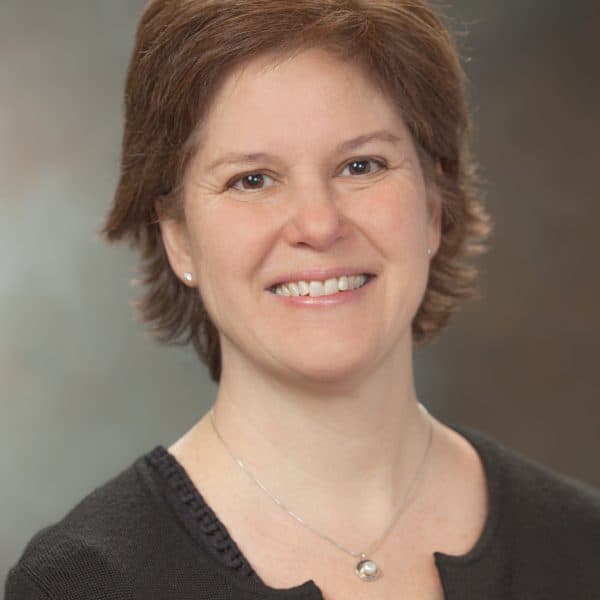Advertisement
Trump's Immigration Ban Hurts Doctors And Patients

Who performed your cardiac catheterization last year? Is your sister’s rheumatoid arthritis under control since she started a new medication? Who treated your mother for pneumonia during her last hospitalization?
Chances are a physician born outside of the U.S. had a hand in the medical care you or your family received, either through direct care or scientific research. In December, the Supreme Court upheld President Trump’s travel ban blocking immigration from six mostly Muslim-majority countries while challenges to it proceed through the lower courts. Regardless of whether the travel ban is legal, or moral, it is clear that the ban could significantly reduce the number of foreign-born physicians in the U.S., not only limiting those doctors’ professional opportunities but impacting the medical care we all receive -- especially in the future, as doctors in training become practicing physicians.
Foreign-born medical students often come to the U.S. to receive training in residency programs and many decide to stay here to practice. (About a quarter of all physicians in the U.S. are graduates of international medical schools). We need them. The Association of American Medical Colleges (AAMC) estimates there is a shortage of more than 8,000 primary care physicians in the U.S., a number that could grow up to 35,000 in the next 10 years. Foreign-born doctors disproportionately choose to practice primary care. They also practice more frequently in rural areas, where gaps in care can be particularly stark. And the majority of our geriatricians went to medical school outside of the U.S., a statistic that is especially relevant as our population ages. As the population in the U.S. becomes increasingly diverse, a concurrent diversity of physicians can only help to serve better all patients.
The strength of this country’s medical care depends on our ability to recruit doctors from all over the world to care for patients and perform research that leads to life-saving scientific advances.
Foreign-born physicians are also engaged in important medical scholarship. According to the Annals of Internal Medicine, 18 percent of academic physicians are born abroad. They make important contributions through research, publication and mentorship.
In 22 years as a primary care physician at Yale School of Medicine, I have supervised hundreds of medical residents. One of these residents, Abdul (whose name has been changed to protect his privacy), stands out. Abdul attended medical school outside of the U.S., but chose Yale for his residency training. Together, we cared for patients who were critically ill and we ensured that healthy patients received preventative care. And, as primary care doctors often do, we tended to the emotional needs of patients who were depressed, struggling with life stressors or facing long- term chronic illnesses. Abdul was the consummate young doctor. His clinical judgement was exceptional and he had deep compassion for his patients. He was steady under pressure, reliable and trustworthy. Losing Abdul and others like him is what is at stake with President’s Trump’s travel ban.
At Yale, as at many training hospitals, Trump’s travel ban has placed undue burdens on foreign-born medical residents. Doctors in training working long hours, and making life and death decisions, are now faced with the prospect of deportation, or worry that they won’t be able to travel freely. At least one of our residents planned to visit her mother abroad last year but decided not to because she feared she wouldn’t be able to re-enter the country if she were to leave.
Not surprisingly, the number of non-U.S citizen international medical graduates who participated in the annual residency match last March declined by two percent, even as the number of overall people participating in the 2017 match was at a record high.
The strength of this country’s medical care depends on our ability to recruit doctors from all over the world to care for patients and perform research that leads to life-saving scientific advances. The president’s actions on immigration will have grave consequences, whether it’s the exclusion of talented professionals through a travel ban or inhospitable rhetoric that may discourage many from choosing to practice medicine in the U.S.
We have real medical needs. We must continue to welcome smart and compassionate doctors from all over the world. The only driver for recruiting this country’s future physicians should be merit and talent, not country of origin.
